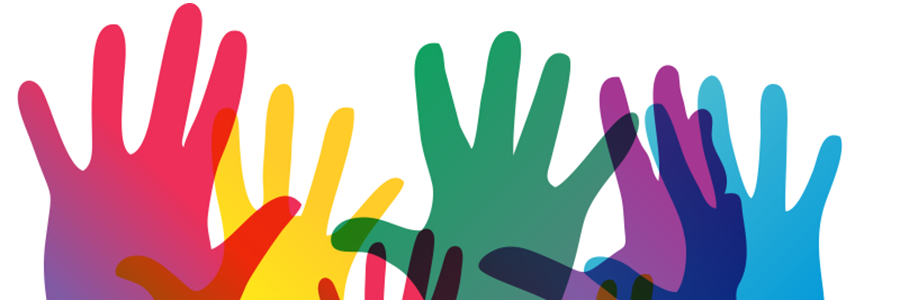8 Ways to Be An Ally to LGBTQ People in Recovery
An ally is defined by the Human Rights Campaign as “someone who is supportive of LGBTQ people. It encompasses non-LGBTQ allies as well as those within the LGBTQ community who support each other, e.g., a lesbian who is an ally to the bisexual community.”
Allies to the LGBTQ community have always been valued, but in light of the current climate, allies are critical. We need allies because they help perpetuate the conversation about why we need to talk about equality and acceptance of all people. Individuals battling an eating disorder and those of the LGBTQ community need support systems. It’s okay if you, as an ally, don’t have all of the answers or know everything about the issues at hand, but your presence and willingness to listen and learn is indispensable.
Below are some ways you can be an ally to the LGBTQ community, specifically those in eating disorder recovery:
1. Each eating disorder is unique
While it’s important for you to read up on the facts and myths of eating disorders, know that they will manifest themselves differently in each individual.
2. There are unique elements and risks for LGBT folks with eating disorders
Being a part of a marginalized community means that these individuals don’t necessarily fit the depiction of certain identities perpetuated by society and the media. Those in the LGBTQ community may be determined to “perfect” themselves, experience extreme loneliness as they don’t fit a gender norm or ED stereotype, and EDs may be a method to gain control of one’s body. LGBTQ folks also experience more barriers to ED treatment as they may not know what options are available that will adequately support and treat them, and they will often be faced with discrimination.
3. Know the available resources
There are excellent resources for the LGBTQ community and those with eating disorders including, but not limited to, Fighting Eating Disorders in Underrepresented Populations (FEDUP) and The Trevor Project.
4. Ask how you can help
Because each case of an eating disorder is different, it’s important to ask your friend or loved one how you can help them. They will value you taking the opportunity to learn about their battle, specifically what topics to avoid and what can be done to make them feel better.
5. Don’t jump to conclusions
As the age-old saying goes, “You can’t judge a book by its cover.” You can’t assume someone’s gender/sexual identity by looking at them, nor can you assume whether or not someone has an eating disorder by looking at them.
6. Ask questions
If you don’t understand something (a term, a current event), ask! It’s okay to not have all of the answers and by asking questions, you are showing that you care about your friend or loved one and what they are going through.
7. Change the environment
It’s important for any person, but specifically LGBTQ folks, to surround themselves with positive influences and a healthy support system. The messages we surround ourselves with are the ones we internalize, but we have the power to change that. For all the people in the world who spread toxicity, remember that there are people who want to give you all of the love in the world and it’s those people who matter the most.
8. This person is not their eating disorder
Remind your friend or loved one what you love about them and not what you see on the outside. Praise their bravery, heart, intelligence, passion, and determination.
There is strength in numbers. No one has to battle an eating disorder or discrimination alone. It is in these times that we need to recognize the people we have around us, and even if the only thing you have to give is your compassion and determination, that is more than enough.
Check out these sources for more information about how to be an LGBTQ ally:





